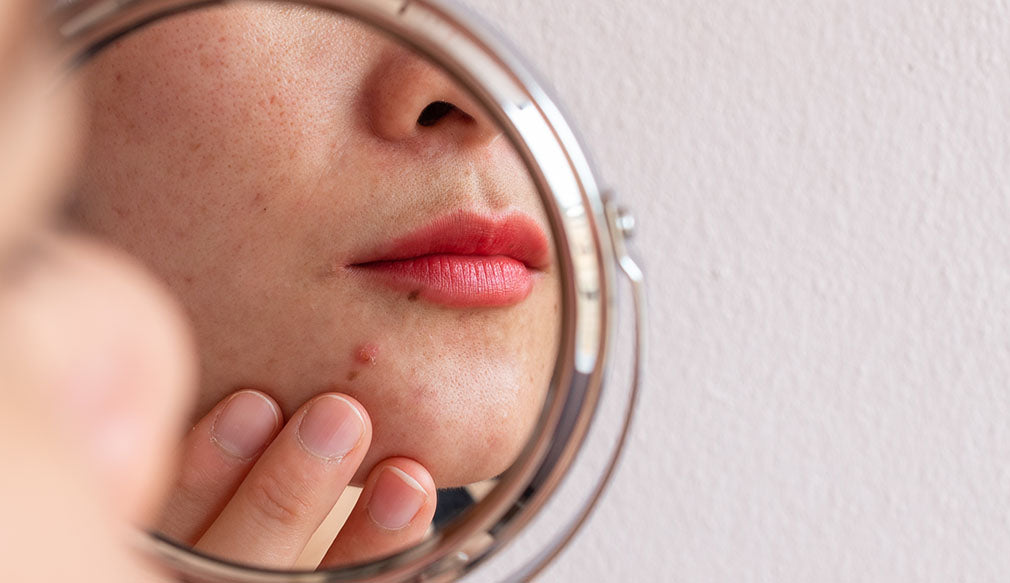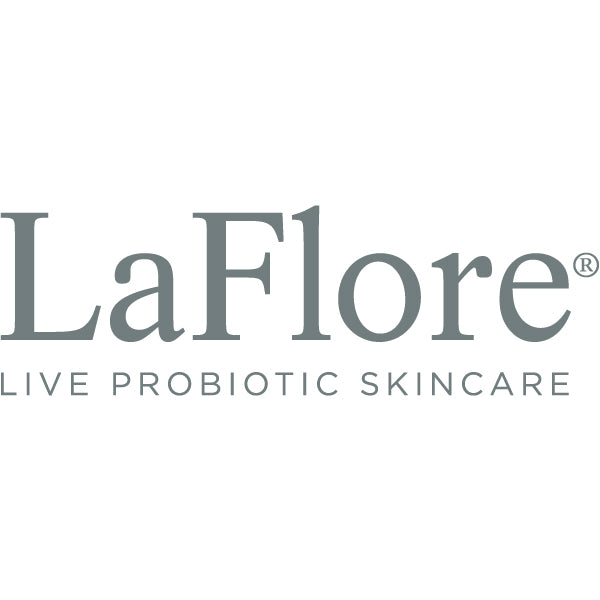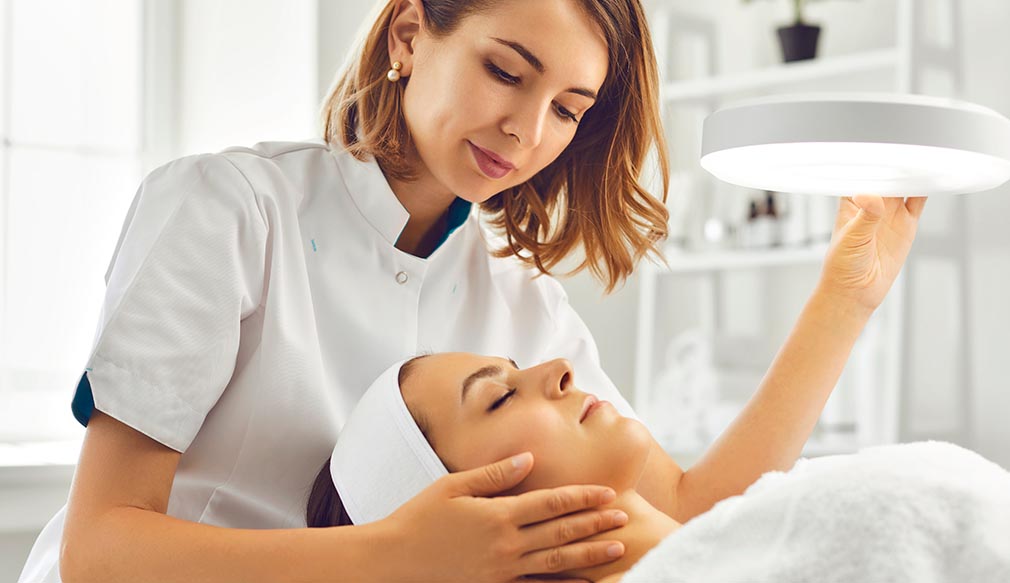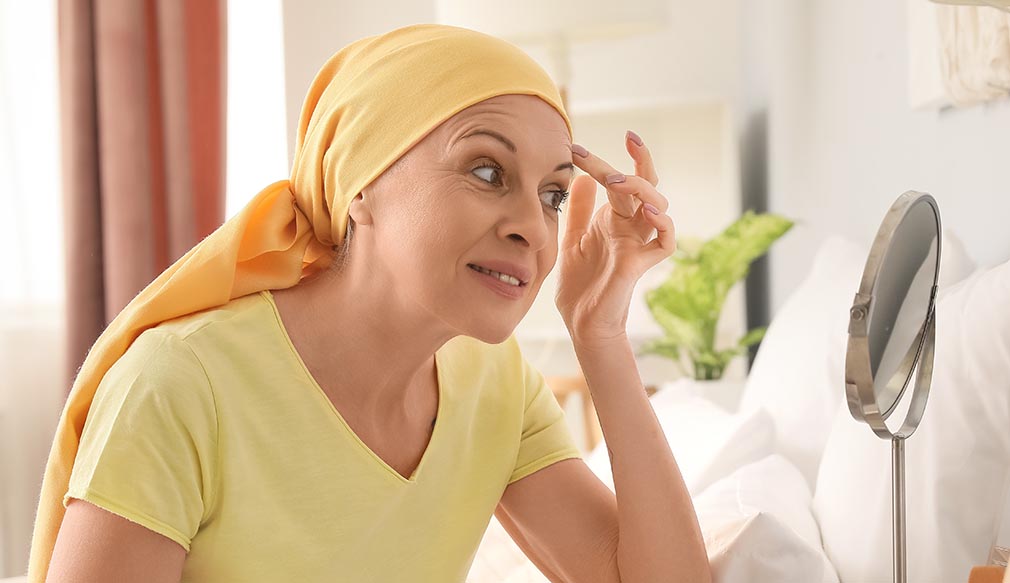
Acne in Teenagers and Menopause: Strategies for Estheticians

Managing Acne Across the Generations: Insights for Estheticians
Acne, often associated with the tumultuous teenage years, can resurface during another significant life transition: menopause. Despite the differences in age, both teenagers and menopausal women experience similar challenges with acne, linked to the health of their skin microbiome—a complex ecosystem of bacteria and microorganisms residing on the skin's surface. This blog delves into the reasons behind acne occurrences in these two groups and offers valuable insights for estheticians on effective management.
Teenage Acne:
Hormones in Overdrive During adolescence, hormonal activity surges, primarily driven by puberty. This phase marks a substantial increase in androgens, such as testosterone, in both males and females. These hormones stimulate the sebaceous (oil) glands in the skin, leading to increased oil production. When this excess oil combines with dead skin cells, it clogs hair follicles, creating an environment conducive to acne development. Furthermore, adolescent skin undergoes various changes, including increased shedding of skin cells and alterations in skin oil composition, further contributing to the propensity for acne breakouts. Genetics, diet, and environmental factors also play critical roles, but hormonal fluctuations are the primary drivers behind teenage acne.
Types of Teenage Acne:
- Comedones: Blackheads and whiteheads.
- Papules and Pustules: Red, raised bumps filled with pus.
- Cysts and Nodules: Deep, painful lumps under the skin.
Skincare Tips for Teens:
- Gentle Cleansing: Recommend a mild, non-comedogenic, microbiome-friendly cleanser like the LaFlore’s Enzymatic Cleanser.
- Topical Treatments: Advocate for a daily topical LIVE probiotic therapy such as the LaFlore Live Probiotic Concentrated Serum, known to regulate oil production and promote cellular turnover.
- Discourage Picking: Emphasize the importance of not popping pimples to prevent inflammation and scarring and spreading more harmful bacteria on the skin.
Menopausal Acne - A Surprising Comeback:
The reappearance of acne during menopause may come as a surprise for some of your clients, but it's primarily attributed to significant hormonal shifts in a woman's body during this life stage. The decline in estrogen levels affects the skin's pH, moisture levels, and the composition of the skin microbiome, while androgen levels remain relatively stable. Androgens, including testosterone, can stimulate sebaceous glands, leading to increased oil production. This hormonal imbalance, coupled with factors like stress and genetics, creates an environment conducive to acne development in menopausal women, often appearing along the jawline, chin, and neck.
Types of Menopausal Acne:
- Hormonal Acne: Typically manifests along the jawline, chin, and neck.
- Inflammatory Acne: Can be more severe and painful than teenage acne.
Skincare Tips for Menopausal Women:
- Hormone Therapy: Discuss the potential benefits of hormone therapy with a healthcare provider.
- Gentle Cleansing: Use a microbiome-friendly cleanser, such as the LaFlore Enzymatic Cleanser, designed for sensitive skin.
- Support Your Skin Microbiome: Incorporate topical probiotics, like LaFlore Live Probiotic Concentrated Serum, known to enhance skin health by producing postbiotic metabolites, vitamins, minerals, and more.
Other Common Factors Contributing to Acne in Both Groups:
- Stress: High stress levels can trigger hormonal fluctuations worsening acne.
- Diet: A diet high in refined sugars and dairy can exacerbate acne; advocate for a balanced, low-glycemic diet.
- Skincare Products: Suggest non-comedogenic, skin microbiome-friendly, nutrient-rich options such as LaFlore’s LIVE probiotic skincare products.
- Lifestyle Habits: Encourage the avoidance of factors like smoking and excessive sun exposure that can aggravate acne.
Despite the differences in age and life stages, acne's common thread in teenagers and menopausal women lies in hormonal fluctuations and their impact on the skin microbiome. By comprehending the root causes and promoting the daily use of topical LIVE probiotics, such as the LaFlore Live Probiotic Concentrated Serum estheticians can play a pivotal role in effectively managing and reducing acne breakouts, ensuring their clients maintain healthy and vibrant skin throughout life's transitions.
A Note About the Process:
When using topical LIVE probiotics like those found in our LIVE probiotic concentrated serum your client’s skin may purge. This part of their journey will be unique to them because everyone’s skin microbiome is different. Just remind them that if they think it is getting worse, it’s part of the skin’s process, and to not stop! Their healthy, happy skin is right around the corner. NOTE: Purge is not irritation, if your client experiences a burning sensation discontinue use.
Frequently Asked Questions (FAQs) - Treating Acne Naturally with Topical Probiotics
What causes acne in both teenagers and menopausal women?
Acne in both groups is primarily linked to hormonal fluctuations and their impact on the skin microbiome—a complex ecosystem of bacteria and microorganisms on the skin's surface.
What's the key takeaway for estheticians regarding acne in teenagers and menopausal women?
Estheticians should recognize that despite age differences, hormonal fluctuations significantly impact the skin microbiome and acne. By educating clients and advocating for the use of topical LIVE probiotics, they can help maintain healthy and vibrant skin throughout life's transitions.
How can estheticians help manage acne in both groups?
Estheticians can play a crucial role by understanding the root causes of acne and promoting the daily use of topical LIVE probiotics, such as the LaFlore Live Probiotic Concentrated Serum, which can effectively manage and reduce acne breakouts.
What skincare tips are recommended for teenagers dealing with acne?
For teenagers, gentle cleansing with a mild, non-comedogenic cleanser, topical LIVE probiotic therapy to regulate oil production, and avoiding picking at pimples are recommended.
What types of acne are common in menopausal women?
Menopausal acne typically includes hormonal acne (jawline, chin, and neck) and inflammatory acne, which can be more severe.




